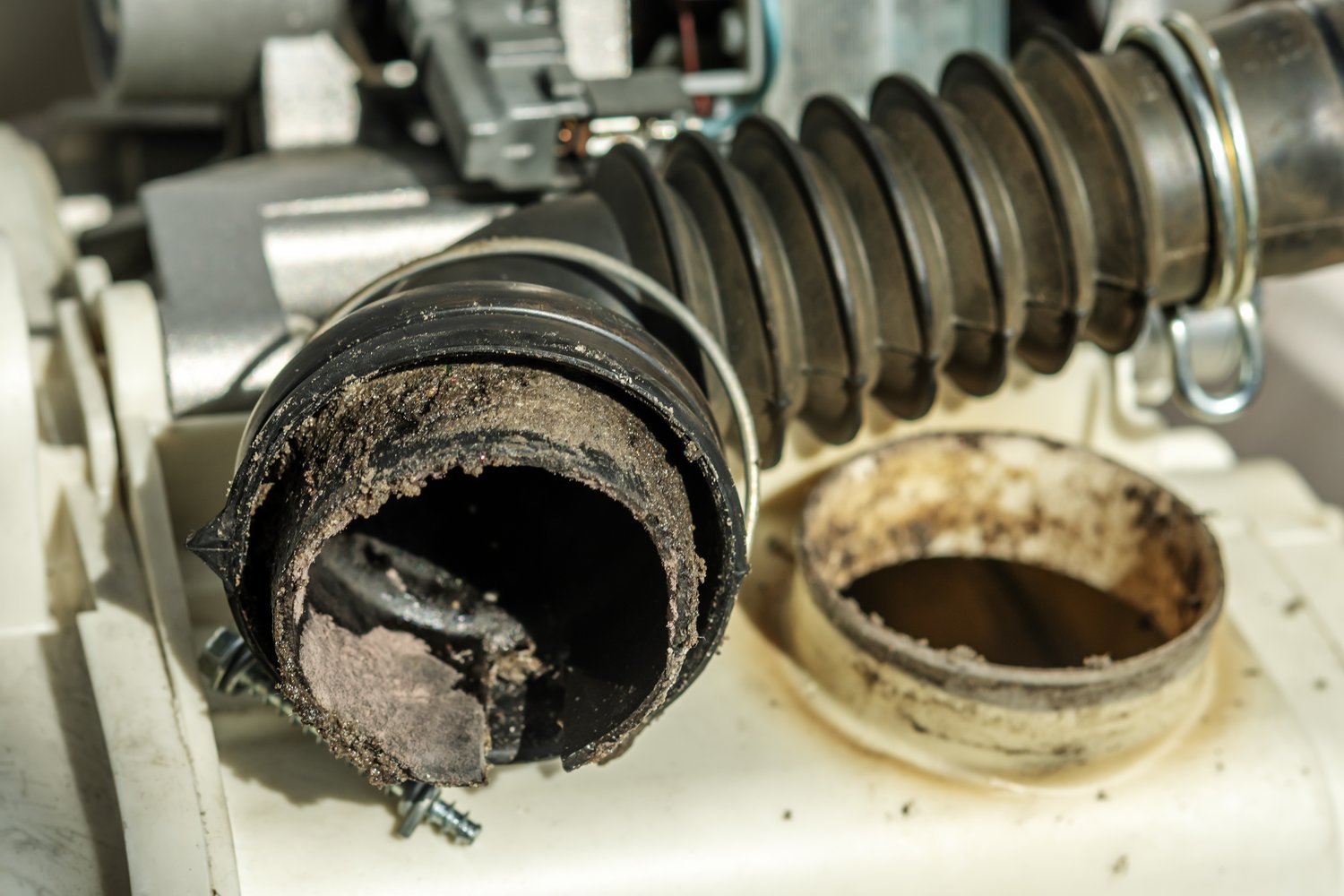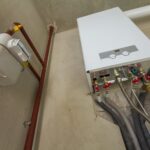When your gas heating system suddenly stops working, the comfort of your home can quickly turn into a source of frustration. Interruptions in heating are more than an inconvenience; they can lead to unsafe living conditions, especially during the colder months. Understanding why your boiler isn’t functioning properly is not just about staying warm, but also ensuring the safety and efficiency of your heating system. Dive into the complexities of gas heating system hitches and discover how to troubleshoot these issues like a pro.
- Uncover the most frequent complications that can disrupt the smooth operation of your gas boiler.
- Gain insights into identifying and resolving boiler pressure anomalies for optimal system performance.
- Explore expert advice on proactive maintenance tips and recognize the signs of when to seek professional assistance.
By comprehending the common causes behind boiler malfunctions, you’ll be empowered to maintain the efficiency and reliability of your home’s heating system. This guide provides the expertise and insights needed to keep your heating system running safely and smoothly.
Common Issues in Gas Heating System Troubleshooting: Why Your Boiler Isn’t Working Properly
Understanding the common gas boiler problems can save you time and money while ensuring your home remains cozy and warm. Navigating through these issues might seem daunting, but identifying the root causes can assist in successful troubleshooting. From ignition failures to pressure inconsistencies, each issue can disrupt the functionality of your gas heating system.
One prevalent problem is pilot light failure. This issue often arises due to a burnt-out thermocouple or an obstruction that prevents the pilot light from lighting. Another common complication is thermostat malfunction. If your thermostat is faulty or incorrectly set, the boiler might not respond appropriately to temperature adjustments.
Blockages and buildup in the system can lead to inefficient operation. Over time, lime scale and sludge accumulation can restrict the water flow, affecting the boiler’s heating ability. Regular maintenance helps in preventing these kinds of blockages, thus maintaining consistent performance.
Pressure issues also frequently impact gas boilers, leading to a lack of efficiency and potential system failure. A detailed examination of pressure inconsistencies can reveal further insights into how these impact your heating system.
Identifying Boiler Pressure Problems
Boiler pressure is a critical aspect of your heating system’s performance. Regularly checking boiler pressure is essential to ensure it operates efficiently. Boiler pressure that’s too low or too high can lead to a variety of problems, each requiring different troubleshooting techniques.
To check your boiler’s pressure, start by locating the pressure gauge. Most residential boilers operate within the range of 1-2 bars, which is considered optimal for efficient operation. If the pressure falls outside this range, your system may not heat properly or could even shut down.
Low boiler pressure typically results from air in the system, leaks, or underfilling. Correcting low pressure involves bleeding the radiators to release trapped air or refilling the system as guided by the manufacturer’s instructions. It’s crucial to address leaks promptly, as they can cause more severe issues over time.
High boiler pressure can be caused by overfilling the system or a faulty pressure release valve. To reduce high pressure, bleed the radiators to release excess pressure and even out the system’s balance. Ensuring the pressure release valve is in good working condition is vital for preventing future spikes.
Understanding these pressure variables will empower you to perform effective gas heating system troubleshooting, maintaining a safe and functional boiler system.
Expert Tips for Effective Gas Heating System Troubleshooting: Why Your Boiler Isn’t Working Properly
Troubleshooting your gas heating system can be a daunting task, but with expert guidance, you can manage the situation effectively. Regular maintenance is vital to prevent common issues that can disrupt your boiler’s performance.
Begin by scheduling routine checks. Inspect the boiler’s components for any visible signs of wear and tear. Ensure that the ignition system is functioning correctly and that there are no blockages or leaks in the ventilation. Regular cleaning prevents the building up of dirt and debris, which can impair function.
Monitor the water pressure regularly to maintain optimal boiler performance. Low pressure may indicate leaks or require a simple pressure adjustment, while high pressure could signal a potential issue with the pressure relief valve.
Bleeding radiators is another crucial check. Air trapped in the heating system can cause cold spots, leading to inefficiency.
Despite these routine checks, some problems might persist. Recognize when it is time to seek professional help. If your gas boiler consistently fails to maintain pressure or if you notice unusual noises or leaks, it’s important to contact a certified technician. A professional can provide a more in-depth assessment and repair the issue safely.
Stay updated with the latest trends and safety recommendations by consulting reliable resources and attending relevant workshops or seminars. A well-maintained boiler ensures not only efficiency but also a comfortable and safe environment.
Frequently Asked Questions on Gas Heating System Troubleshooting
Why is my boiler not producing heat?
Check the thermostat settings and ensure the boiler’s pressure is adequate. An ignition issue might also be the cause.
What should the boiler pressure be?
The pressure should typically be between 1 to 2 bars. Refer to your boiler’s manual for exact pressure recommendations.
How can I fix low boiler pressure?
Locate the filling loop and make sure it’s attached. Follow the instructions to increase the pressure to the recommended level.
What can cause high boiler pressure?
Overfilling the system or a malfunctioning pressure relief valve can lead to high pressure. Ensure the filling loop valve is closed after use.
When should I call a professional for boiler issues?
Contact a professional if your boiler shows persistent faults, leaks, or you notice any gas smell.
Can a faulty thermostat affect my gas heating system?
Yes, a malfunctioning thermostat can lead to heating problems. Verify its settings or consider a replacement if issues persist.





